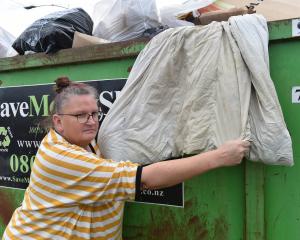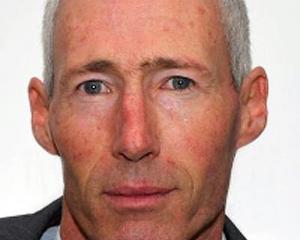Several overseas scientists, including in the United States, have highlighted the influence of gut microorganisms in weight gain among mice, and have also pointed to differences in gut microorganism composition in some obese people, and linked these with weight gain.
More than 800 infants are already taking part in a prevention of overweight in infancy (Poi) study, which is organised through the University of Otago's department of women's and children's health and backed by a $2.1 million grant from the Health Research Council.
This three-year randomised controlled trial is designed to assess whether increasing parental support with early feeding, activity and sleep reduces the rate of excessive weight gain during infancy and overweight status at the age of 3.
About a third of New Zealand children aged between 5 and 14 are overweight or obese.
Otago researchers aim to continue the Poi study by checking the development of the children at the age of 3 years, and again at 5, if funding can be gained.
The researchers also hope to test faecal material to investigate possible links between gut flora and obesity in the youngsters.
Otago University Associate Prof Rachael Taylor, who is a co-principal investigator of the Poi study, said diet and exercise clearly played crucial roles in excessive weight gain.
However, the proposed microbiological research could help deepen understanding of the effects of diet and it would be "exciting" to be involved in research which appeared to be novel in this country.
Otago University microbiologist Prof Gerald Tannock, who has been researching gut microbiota for the past 35 years, will take part in the research if funding becomes available.
He said some US research had suggested "tantalising" possibilities for ways in which some of the "amazing biodiversity" of microorganisms living in the human body could increase the body's "energy harvest".
However, Prof Tannock was unimpressed with the term "infectobesity", sometimes used to refer to links between microorganisms and obesity, saying the term was simplistic, and could wrongly imply that people had little influence over weight gain.
Prof Jeff Gordon, of Washington University at St Louis, in the United States, had "started this obesity-microbiota ball rolling" several years ago.
The transplant of microbiota from obese mice to non-obese mice resulted in the latter putting on weight, in some of the Washington University research.
Human studies had involved only small numbers of people, and there remained "some controversy" about their findings, he said.












